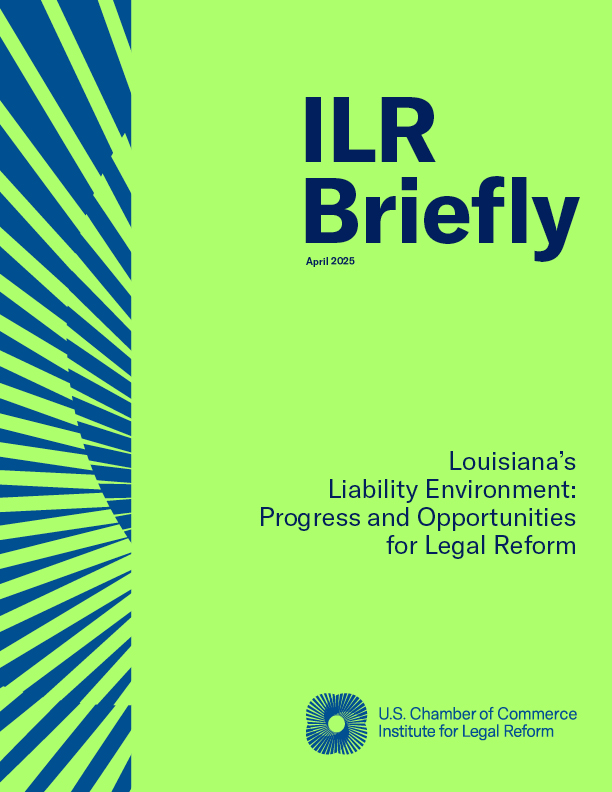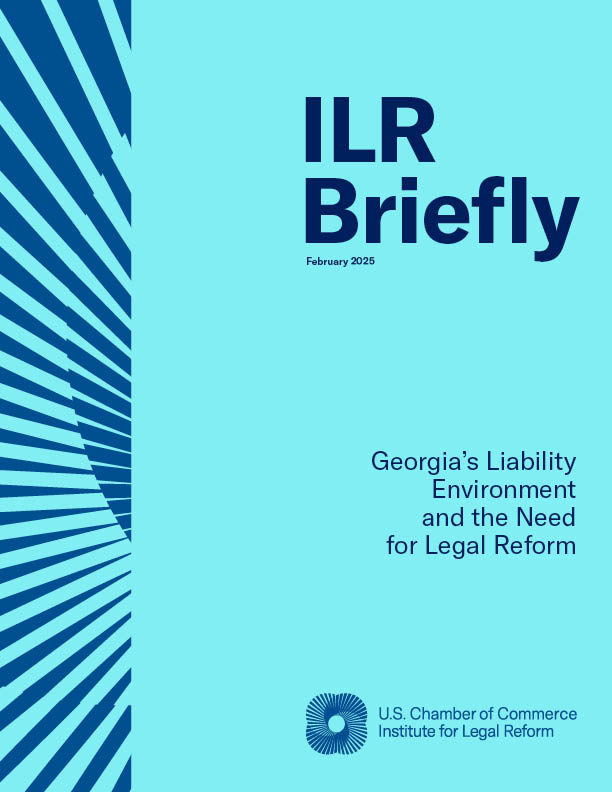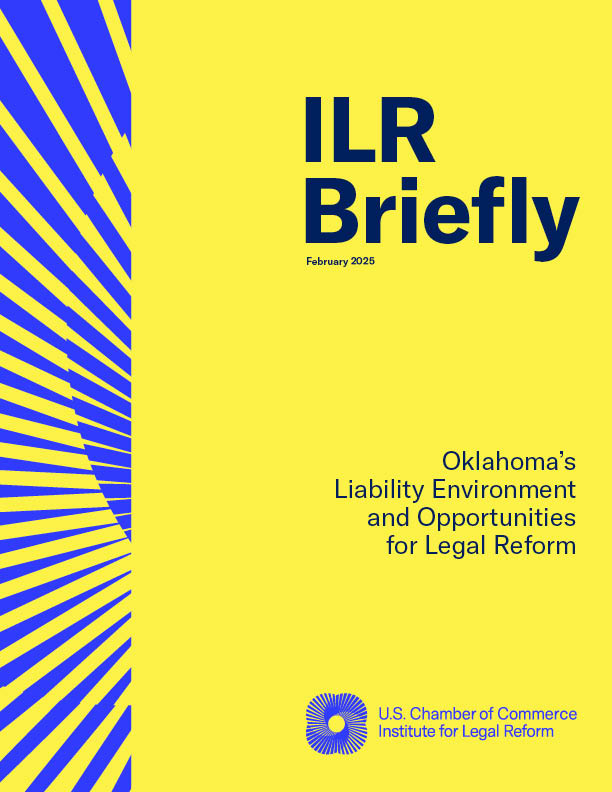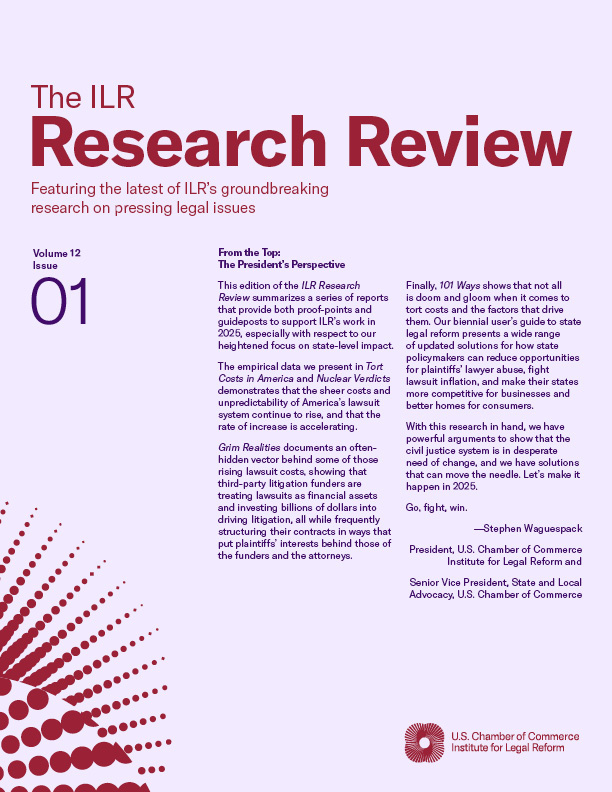Third party litigation funding is spreading to Europe, and its growth is set to be amplified by the upcoming passage of the first EU-wide collective redress (class action) law. Unfortunately, consumers and businesses remain almost completely unprotected.
The practice of hedge funds investing in litigation in exchange for a cut of the proceeds is well-established in common law jurisdictions like Australia, the UK, and the U.S. Everywhere it has taken root, the TPLF industry has provoked criticism for its lack of transparency, and for its potential to upend the dynamics of the courtroom by obliging plaintiffs’ attorneys to serve two masters.
This ILR research paper details the spread of TPLF in the EU and around the world, and breaks down how regulators in a number of countries are grappling with the challenge that the industry poses for the transparency and integrity of their civil justice systems. The research also urges EU legislators to take up several specific reforms to protect consumers and businesses, including:
- A requirement to disclose funding arrangements to courts, and possibly to all parties to litigation
- Measures empowering courts to resolve conflicts of interest between funders, attorneys, and parties to litigation
- Rules establishing the court’s ability to prevent funders from exerting excessive influence over the course of litigation



